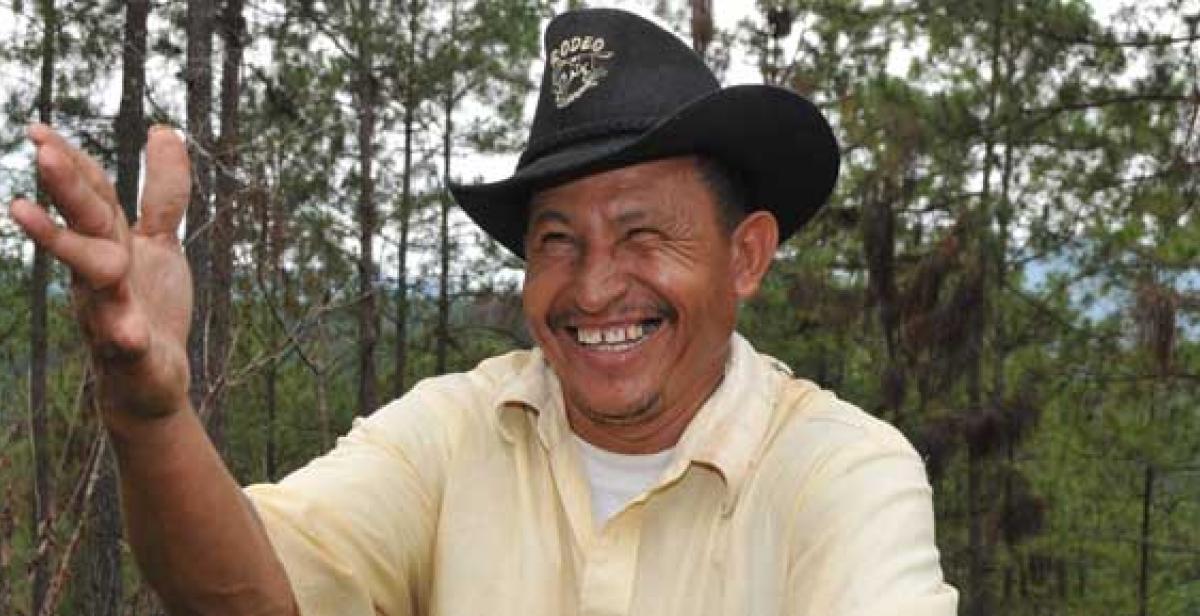Historic victory for poor forest communities as EU votes to stamp out trade in illegal timber
Forest communities in the developing world received a huge boost from the European Parliament today as MEPs voted overwhelmingly to ban the import of illegal timber and timber products into the EU and, by default, the UK.
In an unprecedented step forward in the battle to curb illegal logging, which ravages poor and marginalised woodland communities in countries like Honduras and Ecuador, 49 MEPs today voted in favour of the new legislation which will help put an end to the EU trade in illegal timber worth some €3bn (£2.5bn) annually. Just 6 MEPs voted against – while 2 abstained.
The historic move is the latest attempt to adopt new legislation to stop the EU trade in illegal timber. Historically, a patchwork of voluntary regulations has allowed rogue traders to exploit the system with relative ease.
The results have been plain to see. Some 20 per cent of all illegal timber produced worldwide is imported directly into the EU, before making its way into EU citizens’ homes, gardens and offices. And, although some efforts have been made to regulate the market, until now there has been no binding legislation to prohibit and sanction the practice.
Progressio’s Advocacy Coordinator for Latin America and the Caribbean, Lizzette Robleto, said: “This is another significant step forward on the road to ending the import of illegal timber and timber products into the EU. The fact that just 6 MEPs voted against the legislation – with nobody calling for amendments to what is now a very strong text in favour of an outright ban – sends a very strong message to illegal loggers that the EU will no longer turn a blind eye to this devastating trade, or its effects on poor communities.”
Daniel Hale, Progressio’s Campaigns Officer said: “MEPs’ support for this bill shows the significant and rising public indignation for illegal loggers and their activities. We applaud campaigners in the UK and across Europe who have clearly spoken with one voice on this issue.”
There are still a number of procedural and technical hurdles to be overcome before the new legislation can be ratified and adopted by EU nations, a process that could still take some months. Progressio will continue to track developments towards what is hoped will be a full implementation of the proposed laws.
Progressio has been campaigning throughout the European legislative process, successfully engaging with Caroline Lucas, leader of the UK Green Party and former MEP, and the new Secretary of State for Food, Environment and Rural Affairs, Caroline Spelman MP.
Photo: Alberto Granados, a farmer in Honduras, has been trying to stop loggers from destroying his land (photo © Omar Banegas/Progressio)
Notes to Editors
- For further information or to arrange an interview with Lizzette Robleto or Daniel Hale, contact Jo Barrett, Progressio's Media Officer on +44 (0)7940 703911 or +44 (0)207 288 8619



